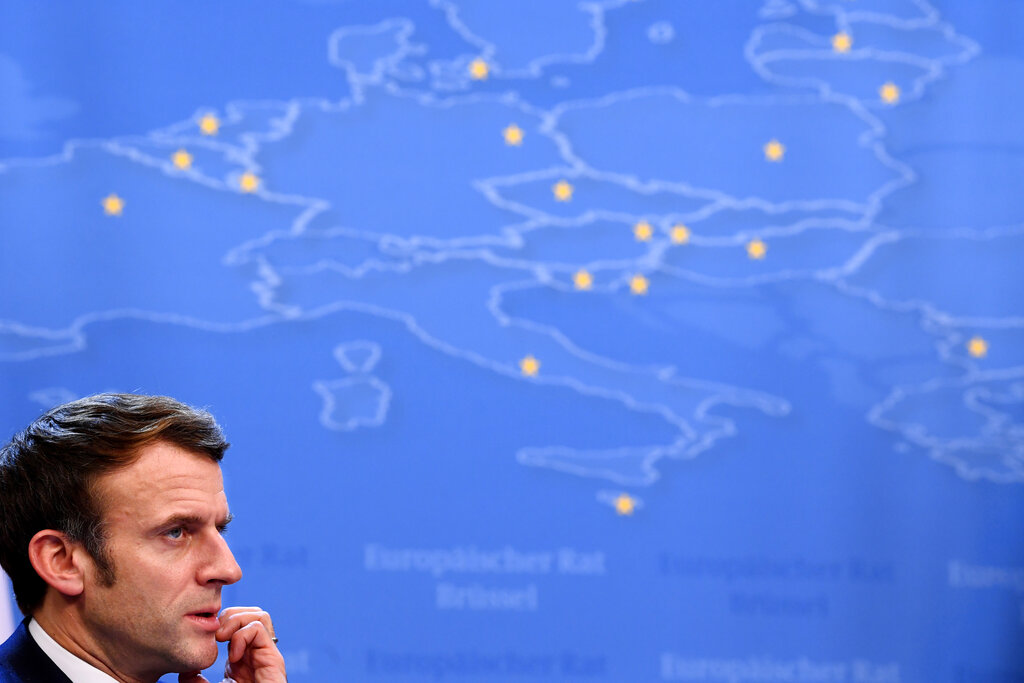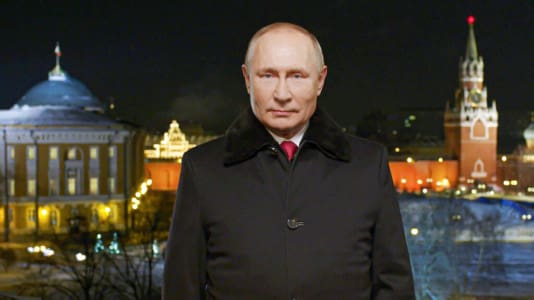As France takes over the European Union’s rotating presidency, the French are faced with a crucial decision: whether they support a supranational Europe — a super-state preferred by Berlin’s liberal government and dominated by the Germans — or a Europe of nations working together as sovereign member states.
The concept of European sovereignty often alluded to by French President Emmanuel Macron is difficult to imagine without respect for national sovereignty, as a superstate is simply not a viable idea — the more European countries who oppose it, the more forced it becomes and the further the union is torn apart.
There are three major issues on the agenda across Europe right now, and they all have to do with sovereignty. First, the issue of rising energy prices, which has taken such a toll on national leaders since they failed to reach a viable solution at December’s EU summit.
The issue of energy includes at its core an assessment of nuclear power. As made clear at the French-V4 summit in December, both Macron and Visegrád leaders share the view that EU climate targets cannot be met without nuclear energy.
We know the German position: the country has now closed three of its remaining six nuclear power plants. The new Czech Prime Minister Petr Fiala said in his New Year’s speech that the German government was in favor of a radical version of the European Green Deal, and that Prague would need to work patiently and hard to find allies. As he said, there is a way out of the energy crisis.
On top of that, it was recently leaked that the European Commission plans to classify some nuclear energy and natural gas as green and climate-friendly — a move which outraged the Greens in Berlin’s new administration but was rather welcomed by several other member states.
The second issue Europe must address is the tension between the West and Russia. Europe is strongly opposed to further tensions, however, with its sanctions, the continent has already shot itself in the foot and must refrain from stepping these up. According to German tabloid Bild, Germany’s new Chancellor Olaf Scholz, despite the coalition agreement, will not allow the sensitive issue of German-Russian relations to fall into the hands of dark green ideologues, opting instead to handle the matter himself.
Although strong statements have been issued from both sides, Volodymyr Zelensky, a Ukrainian leader fearful of his presidency, may be aware that there may come a point in any possible confrontation where he does not have his European allies behind him.
The French presidency must also act responsibly on this matter. Macron’s European sovereignty makes sense if Europe, as an independent player in world politics, is able to defend its own interests, not become its own enemy for the interests of others.
Lastly, there is the issue of the rule of law and the extent to which the bloc should involve itself within national legal frameworks. Macron will see this as the point for which reticent conservative member states concerned about EU supremacy can be blackmailed — the liberal Brussels machine is already working hard to punish dissenting member states as often as possible.
And we haven’t even talked about the fact that in the coming months we will also have two of the most important European elections this year in France and Hungary. According to the German Süddeutsche Zeitung, these two votes will determine the future of Europe.
Across Europe, we are facing difficult months ahead.





